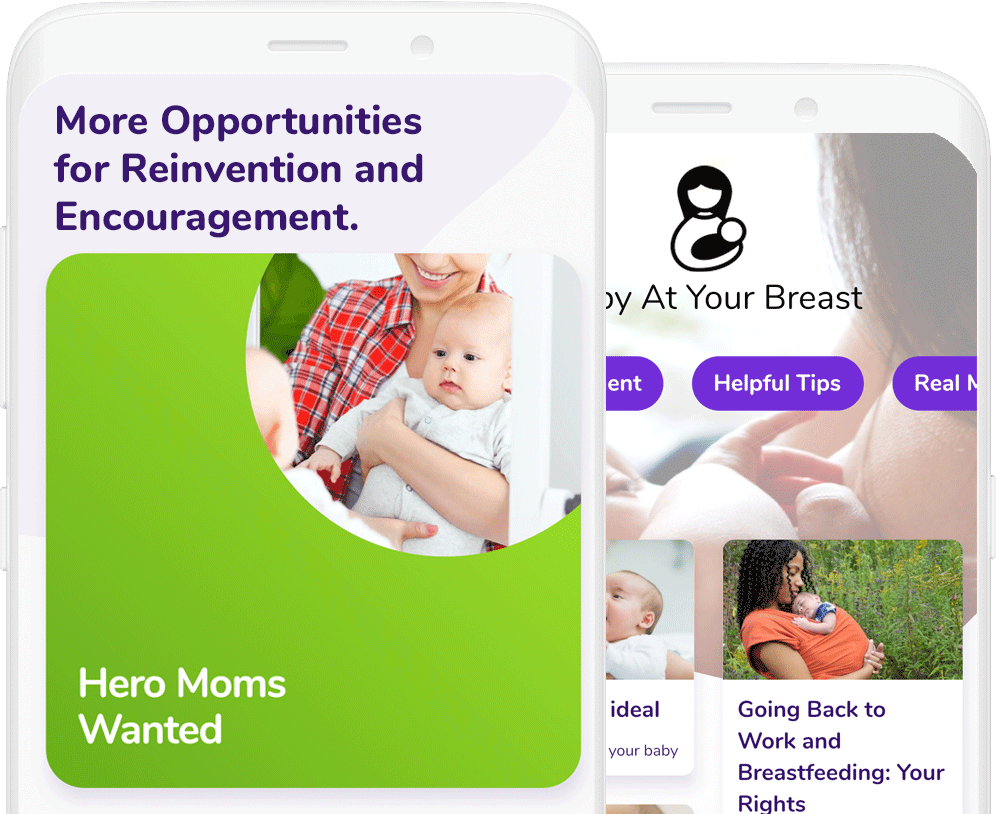Pregnancy is a confusing, complicated and emotional roller coaster ride. Hormonal changes can affect brain chemicals during pregnancy, causing mood swings between moments of wonder and flashes of anxiety. Sometimes, expectant women worry about birth defects, miscarriages and the health of their baby.
The good news is pregnancy risks are generally low for healthy women. About 97 out of every 100 babies born in the United States arrive without major birth defects. Read on for practical tips that can improve your chances of having a healthy baby.
The best thing women can do during pregnancy is to get early prenatal care. Early detection and proper care are key. Your trusted health care provider will guide you on what you can do to protect you and your growing baby.
There are no safe amounts of alcohol, medical marijuana, cigarettes, vaping or recreational drugs during pregnancy. Unborn babies exposed to alcohol may develop fetal alcohol syndrome (FAS). Children with FAS may have learning, memory, attention, vision and hearing problems. There is no cure for fetal alcohol syndrome.
Smoking tobacco during pregnancy can cause tissue damage in unborn babies, particularly in the lungs and brain. Research also suggests that using tobacco is related to miscarriage. Carbon monoxide in tobacco smoke can keep developing babies from getting enough oxygen.
Using electronic nicotine delivery systems (ENDS), also known as vapes, vape pens or electronic cigarettes (e-cigs), often contain nicotine in the “vape” solution. Nicotine is known to cause preterm birth or stillbirth of infants. This vapor has also been shown to contain chemicals that can cause cancer, can harm the fetus and are a source of indoor air pollution.
Whether smoked, taken as a liquid or ingested, marijuana increases the risk for lifelong brain and learning problems for baby.
Babies born to moms using street drugs during pregnancy are at increased risk for heart defects and premature birth. In addition to birth challenges, these babies may also have problems later in life, including learning and behavior problems.
Pregnancy is a time of reinvention. When you reinvent your life, you reinvent your baby’s life. If quitting alcohol, medical marijuana, cigarettes or drugs seems unthinkable, talk to your health care provider about how to get help.
Spina bifida is a birth defect that happens when the spine and spinal cord do not form properly. A daily dose of four hundred milligrams of folic acid can reduce the risk of spina bifida. Since half of all pregnancies are unplanned, wise women take folic acid anytime pregnancy is a possibility.
Everyone talks about a nutritious diet, but what does that mean? All women, especially pregnant women, benefit from extra energy and less weight gain when they eat more:
Steer clear of undercooked meat, which is a possible source of toxoplasmosis, an infection that can cause birth defects.
Morning brew, better known as coffee, offers pregnant women an energy boost. Moderate amounts of caffeine, 200 milligrams or less, is fine for you and your baby. Most miscarriages happen because of chromosomal abnormalities that cannot be prevented, but excess caffeine (more than 200 milligrams or more than 2 cups of coffee) may increase miscarriage risk, according to the American College of Obstetricians and Gynecologists.
Stress is part of everyday life, especially during pregnancy. But major stress and depression may increase your risk of preterm delivery or your chance of having a child with long-term behavioral issues. If you feel helpless or hopeless, act. Call your health care provider and ask for help. Practice deep breathing. Walk to release tension.
Pregnancy is the magical process of creating a tiny human. Focus on what you can do to give your baby the best life, change what you need to change and enjoy the extraordinary journey to being a new mom.
For more information about nutrition and pregnancy: https://bit.ly/3Luzvhd
For more information on alcohol, tobacco and medical marijuana: https://adobe.ly/3uLcsYK

You have completed your first MomCircle lesson! If you would you like to use this as your WIC nutrition education, either download the MomCircle app or contact your WIC clinic.



